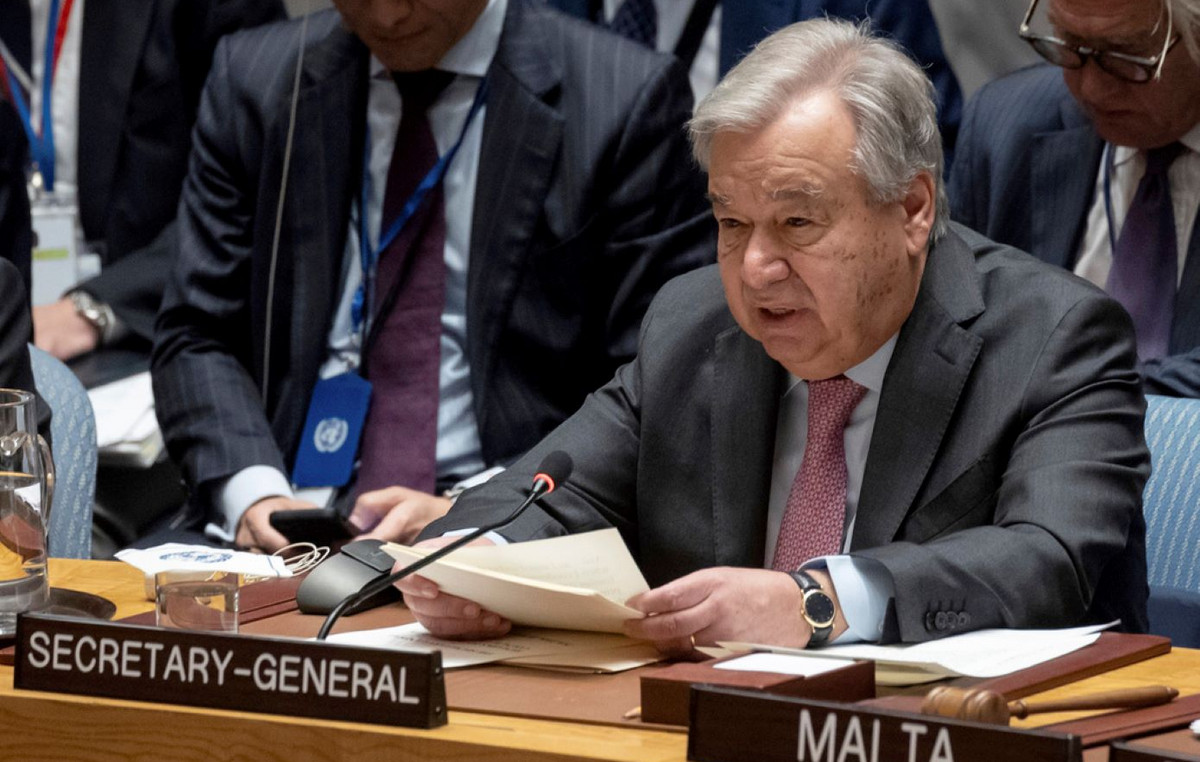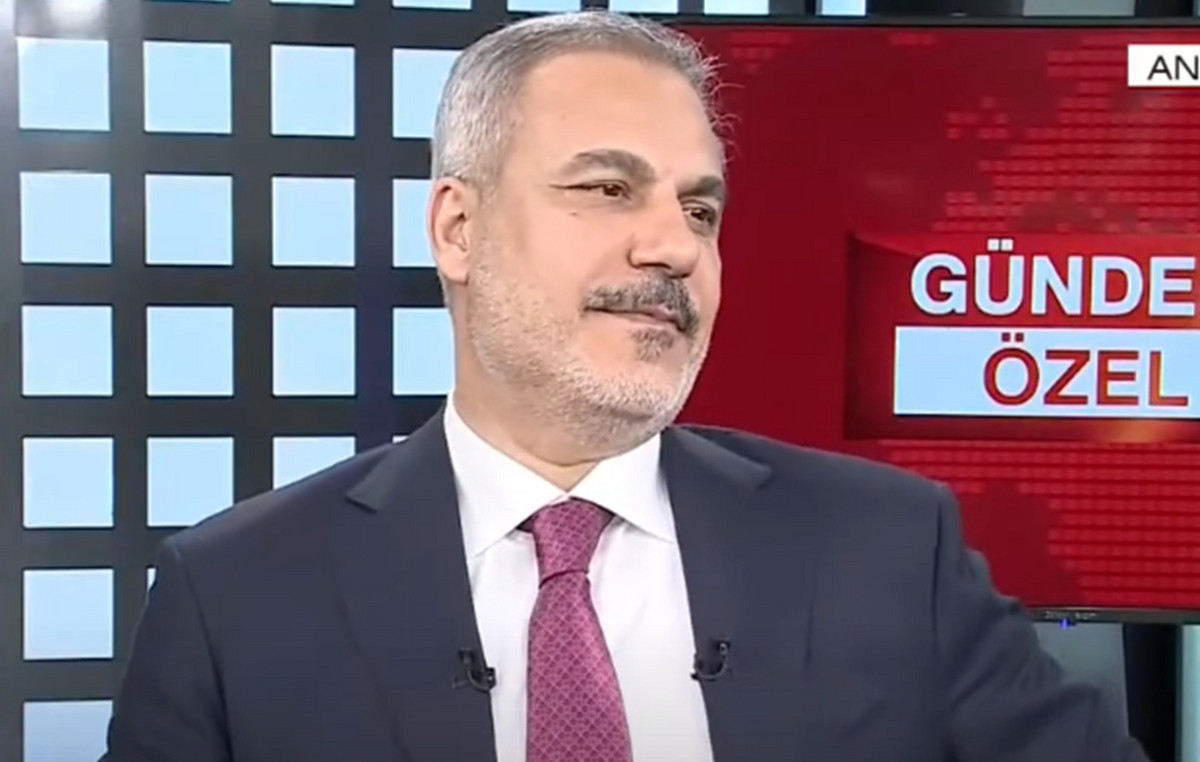Actor Andrew Garfield spoke about the grieving process for the death of his mother, Linda, who died of pancreatic cancer in 2019, in an interview with Anderson Cooper, from CNN on the All There Is podcast. The pain was channeled by the “Spider-Man” star and became a film, in which he will star with Florence Pugh.
“The qualities of my mother that were most obvious, or apparent, were a gentleness, a goodness, a generosity,” Garfield told Cooper, in a reflective conversation for the third season of the podcast. “In the hospital bed, she was more worried about the nurses than her own pain and discomfort. She was that kind of person.”
When the actor spoke about his mother’s death during a 2021 appearance on The Late Show with Stephen Colbert, which has been viewed more than 2 million times on YouTube, his vulnerability seemed to touch the hearts of many who were also grieving. by loved ones during the pandemic.
“I hope this pain stays with me, because it’s all the unexpressed love that I couldn’t tell her, and I told her that every day,” Garfield said at the time. “She was the best of us.”
The pain has stayed with him, as he expected, in the nearly five years since his mother’s death.
“It’s so strange. It’s like longing and mourning, fully inhabiting them and feeling them, is the only way I can feel truly close to her again,” Garfield told Cooper.
It was his mother, described by Garfield as creative and sensitive to his teenage angst, who encouraged him to explore a career in the arts. When he tried acting, which Garfield jokingly likened to “joining the circus,” he felt he had found his place. Several film and television roles, two Oscar nominations and a superhero franchise followed.
Garfield’s most recent project, the romantic and emotional “All the Time We Have”, returns to the theme of mourning. He co-stars in the film with Florence Pugh, playing a young couple living with a cancer diagnosis.
“There is a growing awareness that time is short and conditional, and therefore every moment feels very sacred, small moments, big expansive moments. It’s like a meditation on the brevity and sacredness of life, and it feels like every scene is a scene of mourning,” Garfield said of the story. “It’s a beautiful film, it was beautiful to inhabit, and it feels meditative, very wise, and also full of anger, anger against the going out of the light.”
Garfield’s light still shines, albeit altered, as he comes to terms with life without his beloved, British “mum.”
“I know for a fact that this is a short life, and the things that mattered before no longer matter. And I think when I say things taste different, I think they can taste a lot sweeter now because of the sadness I felt, and they can taste a lot more bitter,” Garfield told Cooper.
“My feeling about the world right now, the politics, the culture, where we are as a community, as a global community, can fill me with so much more bitterness and anger and despair. I can feel my despair, my hopelessness, much more, and, in the same measure, I can feel a much deeper well of hope.”
Garfield found hope—and support—through his friendships, in nature, and in the creative work his mother guided him toward.
“Grief and loss are the only path to the vitality of being alive,” Garfield said. “The wound is the only path to the present.”
See also: Andrew Garfield and Florence Pugh reveal behind the scenes of “All the Time We Have”
Actress Elizabeth Olsen on panic attacks: “Almost every hour”
This content was originally published in Andrew Garfield turned mourning over his mother’s death into a film; understand on the CNN Brasil website.
Source: CNN Brasil
I’m Robert Neff, a professional writer and editor. I specialize in the entertainment section, providing up-to-date coverage on the latest developments in film, television and music. My work has been featured on World Stock Market and other prominent publications.







